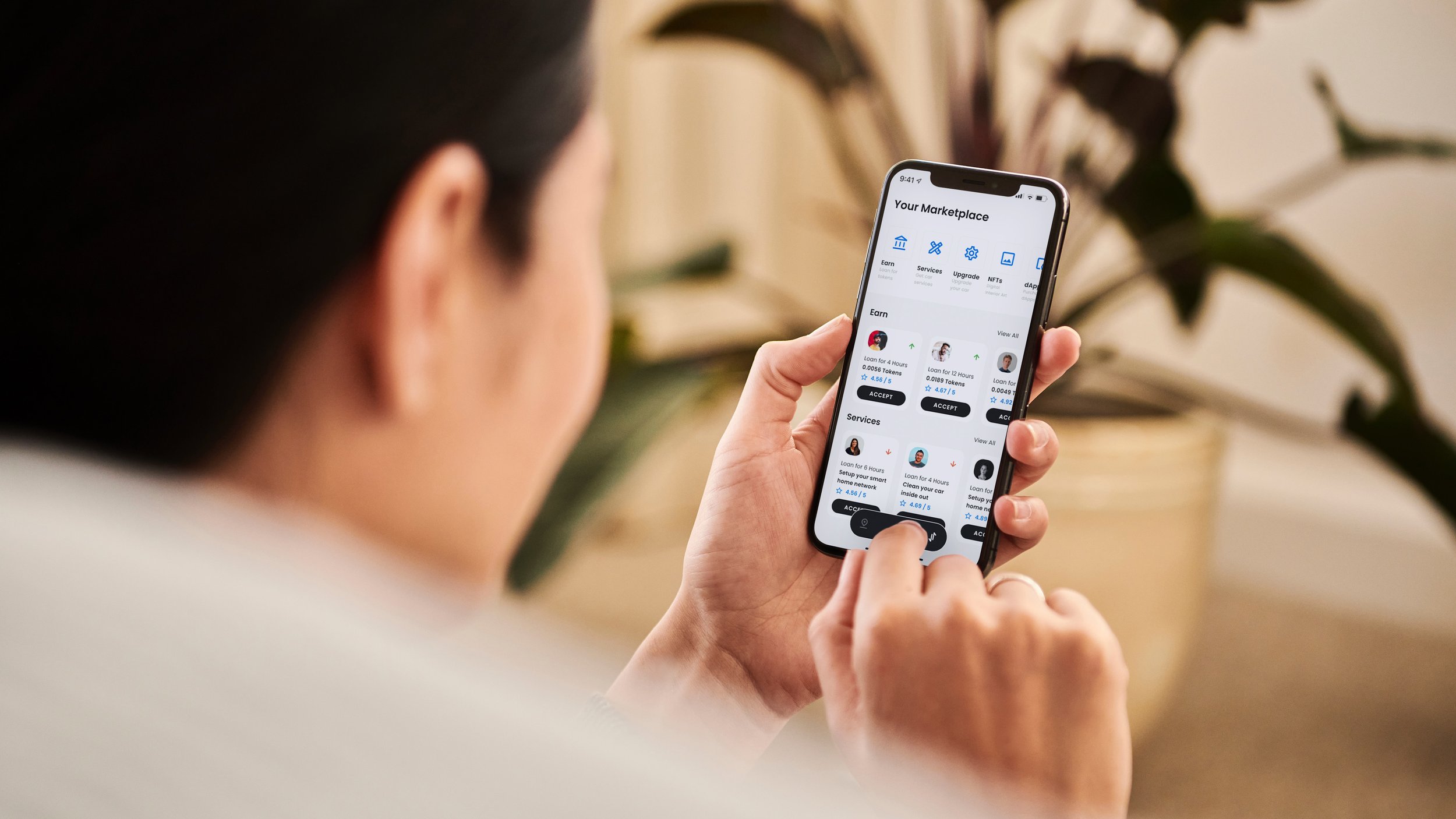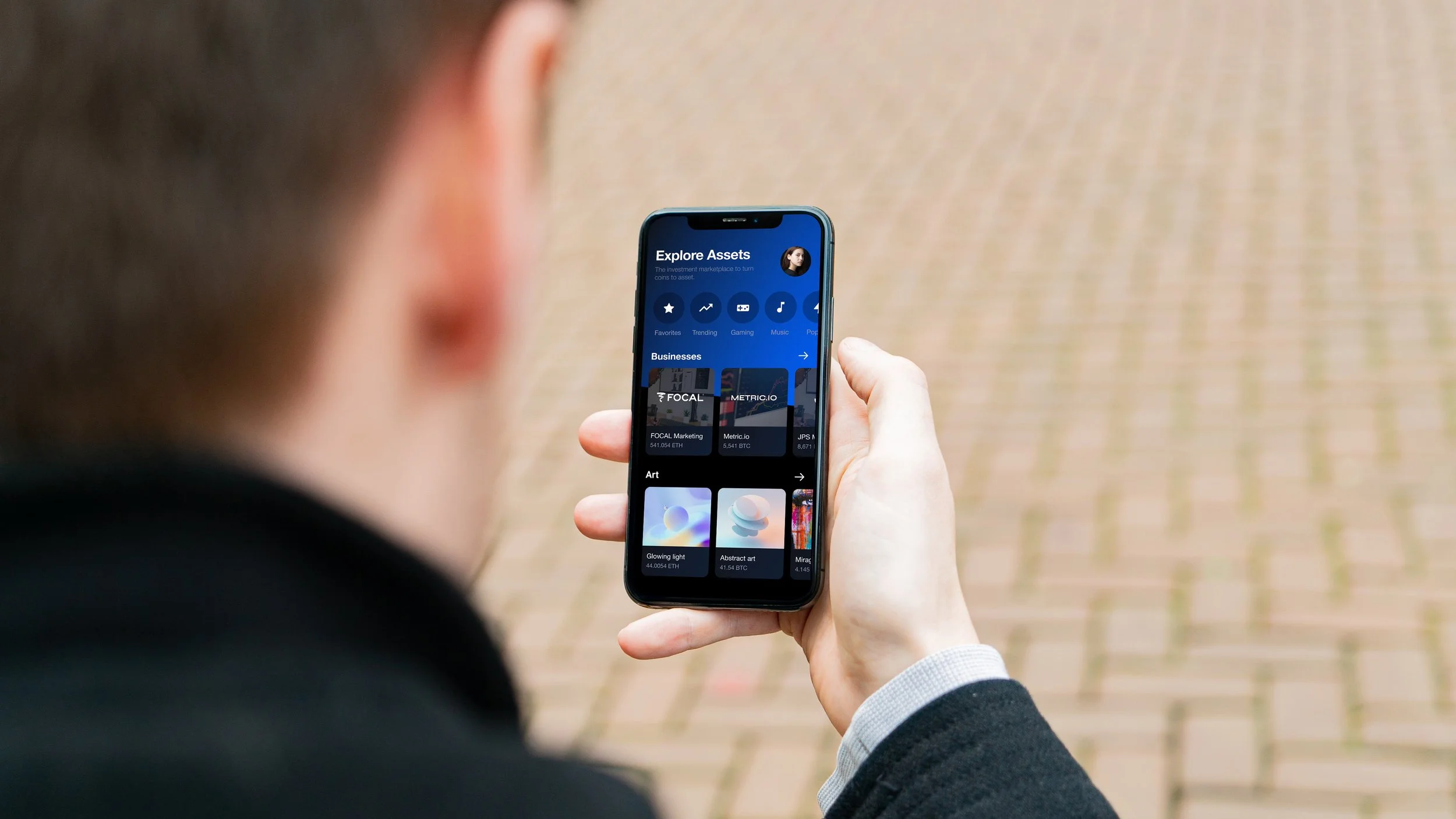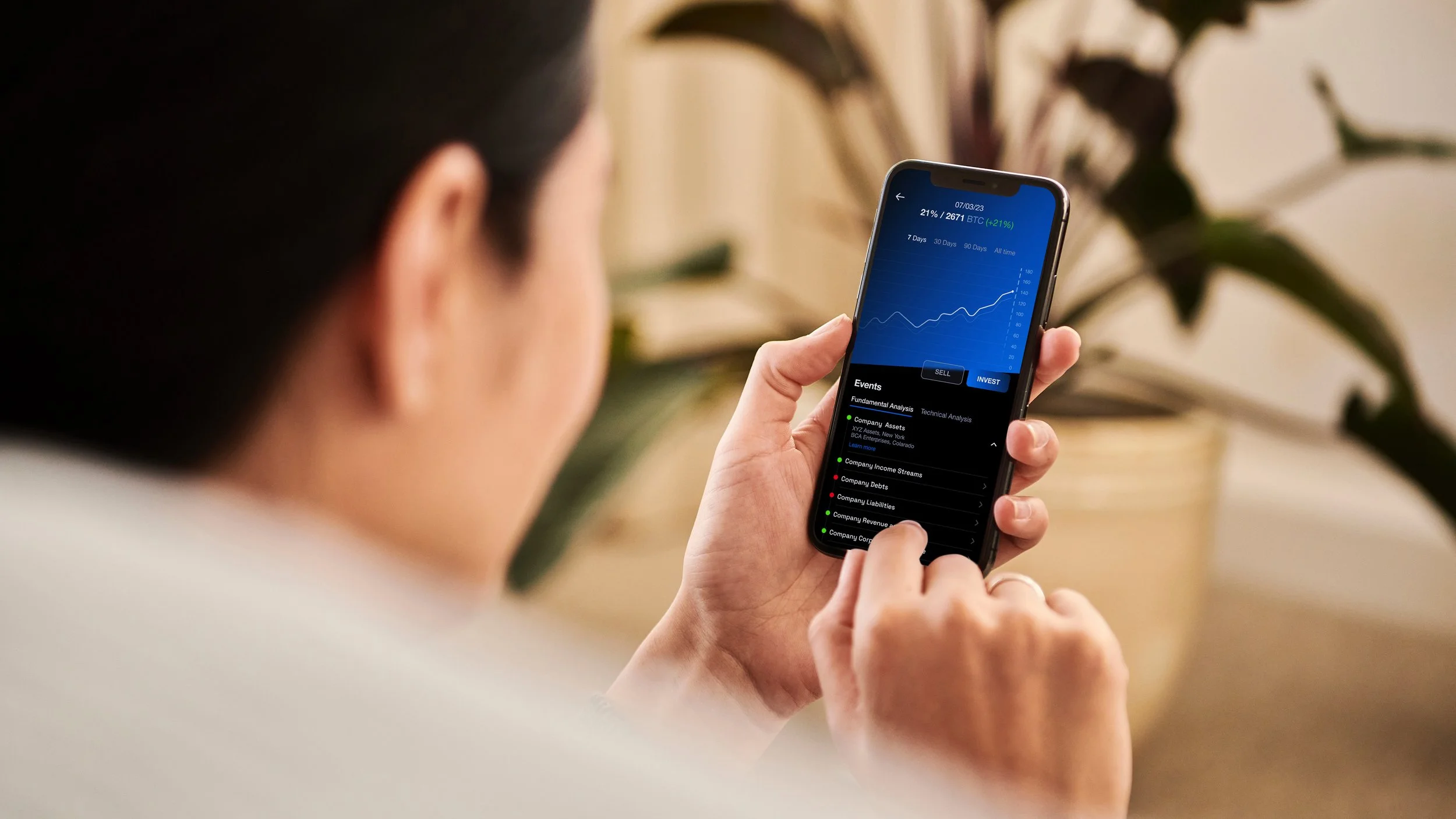How web3 could empower everyone to become an investor
How Web3 Will Make Everyone an Investor
About investing: What is investing? It’s an act of allocating resources with the expectation of generating an income or profit. You can invest in endeavours, such as start ups, or in assets, such as real estate in hopes of reselling it later at a higher price.
The most common types of investments, aka securities, are: stocks, bonds, funds, trusts, options and commodities. You can do it either yourself, if knowledge allows or engage a professional money manager, which will cost quite a bit. Investment areas are not very easy to navigate for most of us.
For example, when a company goes public, it takes a portion of the ownership of the company and divides it into shares. Upon purchase, the new owners can exercise limited rights in company operations. In reality we purchase stocks to speculate later on with a hope of selling securities for a profit.
The asset that is behind a security normally has some intrinsic value like physical plant, produce, fuel etc. However, history shows that in the world of finance not only tangible assets can be considered as collateral for security - Bob Dylan’s song catalogue was used as an asset to support the issue of bonds in 2020. Here we see intellectual property becoming an asset.
While the modern financial system allows for certain one-off deals in investment space and these are normally unique and out of reach for most of us, the future belongs to smaller scale deals where anyone can purchase a share of a company, piece of art, music, picture or anything else you can imagine. But how?
What is Web3?
This is where Web3 comes in. Web3 makes peer-to-peer interactions the essence of a new generation of networked commerce and society. It retires centralised platforms, servers and authorities as the key managers of information and value flows. It will place the control of your data and all of your created and owned digital assets firmly back in your own grasp. It will do this by assigning you, and all of those assets, unique digital tokens that can be tracked across the entire internet by Web3's fundamental infrastructure.
Unlike the current web, all records would be controlled by all and available to all, while still maintaining each user's personal privacy. This last point is of paramount importance, as it would mean the other people you interact with online would be able to leverage that record to verify the authenticity of you and your assets, without them being able to access any of your data or assets without proper authorisation.
We will see the next iteration of the internet where new social networks, search engines and marketplaces crop up that have no monopoly, but develop based on adoption by people.
Blockchain and Smart Contracts
They are decentralised, built upon a system known as the blockchain, which already underpins Bitcoin and other cryptocurrencies. It’s a way of hosting data by many computers simultaneously and allowing it to be searchable by anyone; operated by users collectively, rather than a corporation. People are given "tokens" for participating. The tokens can be used to vote on decisions, and even accrue real value.
In a Web3 world, people control their own data and bounce around from social media to email to shopping using a single personalised account, creating a public record on the blockchain of all of that activity.
But wait, there is more! We no longer need middle men like lawyers, insurance agents, government help desks etc! Why? Because blockchain brings smart contracts that run when predetermined conditions are met. Smart Contracts automate the execution of an agreement so that all parties can be immediately certain about the outcome. The conditions that have to be met will depend on the type and industry of smart contracts, however, it will simplify the process of signing agreements and eliminate the risk of manipulation by third parties.
How will the contract know if conditions are met? Here is where Oracles come in. An Oracle is an “agent” (data feed) that finds and verifies real-world occurrences and submits this information to a blockchain to be used by smart contracts.
Digital Wallet
We are certain that in the near future all of the above technologies will allow us to create digital solutions that enable everyone to become an investor. Let’s call such solutions “Digital Wallet of the Future” because it may look similar to current crypto wallets but provide much more functionality.
The Digital Wallet of the Future will be packed with opportunities to invest that do not require a lot of capital. It will of course feature FIAT and Crypto currencies, but most importantly, it will have a limitless World marketplace that allows to sell/invest into a part of the owned asset be it a piece of art, business that is not publicly listed, collectable vehicle, property, NFTs, gaming etc. The idea itself has huge implications because suddenly anyone can own/invest in absolutely anything as well as provide options for the owners of tangible or intangible assets to sell off in whole or in part and by doing that raise funds for required activities.
This will empower creators, business developers, asset owners to do more, have access to more resources, and commence crowdfunding activities directly without middlemen and prohibiting fees.
The Digital Wallet of the Future will provide real time access to investment market value, history of the value change, analysis of the asset and its value. Users will be able to invest or sell with a click of a button. Fully backed up by smart contracts and blockchain, all activities will be secure, maintaining personal safety and the safety of investments.




